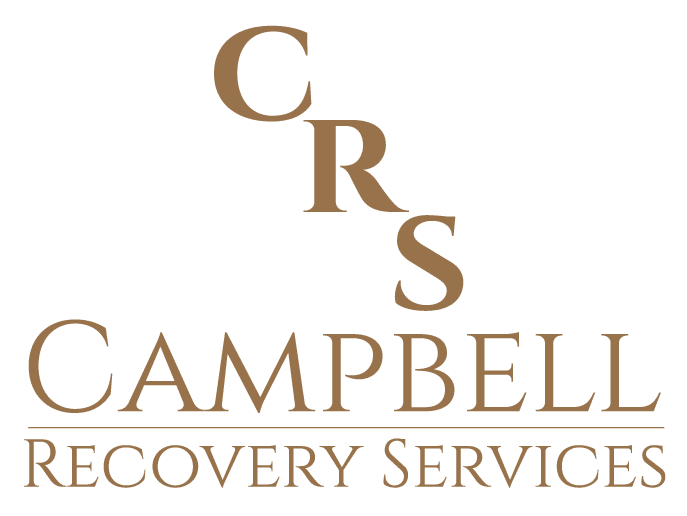Addiction does not always look like rock bottom. It does not always come with job loss, broken relationships, or visible chaos. In fact, some of the people who struggle the most are the ones who appear to have it all together. They are often successful, driven, and outwardly composed. These are the individuals known as high-functioning addicts.
At Campbell Recovery Services, we work with many clients who fall into this category. Understanding the truth about high-functioning addiction can help individuals, families, and professionals spot the signs that are often hidden beneath achievement, charm, and productivity.
What Is a High-Functioning Addict
A high-functioning addict is someone who meets the criteria for addiction but is still able to maintain many areas of life that are typically disrupted by substance use. They may perform well at work, keep up with family responsibilities, and engage socially without raising suspicion.
This ability to “function” can lead to a dangerous sense of denial. The person may believe their substance use is not a problem because they are still successful. Friends and family may overlook the signs because everything seems fine on the surface.
Signs You Might Be Missing
High-functioning addicts are skilled at hiding their struggles. Here are some of the more subtle signs that something deeper might be going on.
- Rationalizing or Minimizing Use
They may say things like “I only drink expensive wine” or “I use it to unwind after a long day.” These justifications help avoid confronting the real impact of their substance use. - Obsessing Over Control
Many high-functioning addicts are perfectionists. They work hard to control every area of their life, which helps mask the chaos beneath the surface. The need to appear in control is often a sign that something is out of balance. - Mood Swings or Irritability
Even if their life appears put together, emotional reactivity, restlessness, or subtle changes in mood can signal deeper issues. Many hide depression or anxiety behind productivity. - Secretive Behavior
Keeping use hidden, lying about how much was consumed, or creating private rituals around substance use are red flags. The secrecy itself is a sign that they know their behavior could be questioned. - Just Enough Functioning to Stay Under the Radar
High-functioning addicts often do the bare minimum to keep others from noticing. They show up just enough, deliver just enough, and succeed just enough to avoid suspicion while quietly deteriorating inside. - Increased Tolerance and Dependence
Over time, it takes more of the substance to feel the same effect. This increasing tolerance is often denied or ignored because there are no immediate consequences visible to others. - Loss of Passion or Authentic Joy
Many people stuck in high-functioning addiction report feeling numb or disconnected from activities they used to enjoy. The joy may be gone, but they keep going through the motions.
Why High-Functioning Addiction Is Dangerous
The biggest danger of high-functioning addiction is the illusion of control. Because the person has not hit what society views as rock bottom, they often delay getting help. But underneath the performance is often pain, disconnection, and emotional exhaustion.
This type of addiction can lead to physical health issues, relationship damage, mental health struggles, and long-term burnout. The longer it goes unacknowledged, the more harm it can cause — even if everything looks fine on the outside.
Recovery Is Not Just for Rock Bottom
You do not have to wait for everything to fall apart to get help. At Campbell Recovery Services, we believe healing is possible at any stage of addiction. In fact, recognizing the problem early is a sign of strength, not weakness.
If you or someone you care about seems high-functioning but is secretly struggling with substance use, support is available. We offer discreet, compassionate treatment for individuals who are ready to step off the hamster wheel and step into lasting recovery.
Contact Campbell Recovery Services today to schedule a confidential consultation and take the first step toward healing, balance, and freedom.





